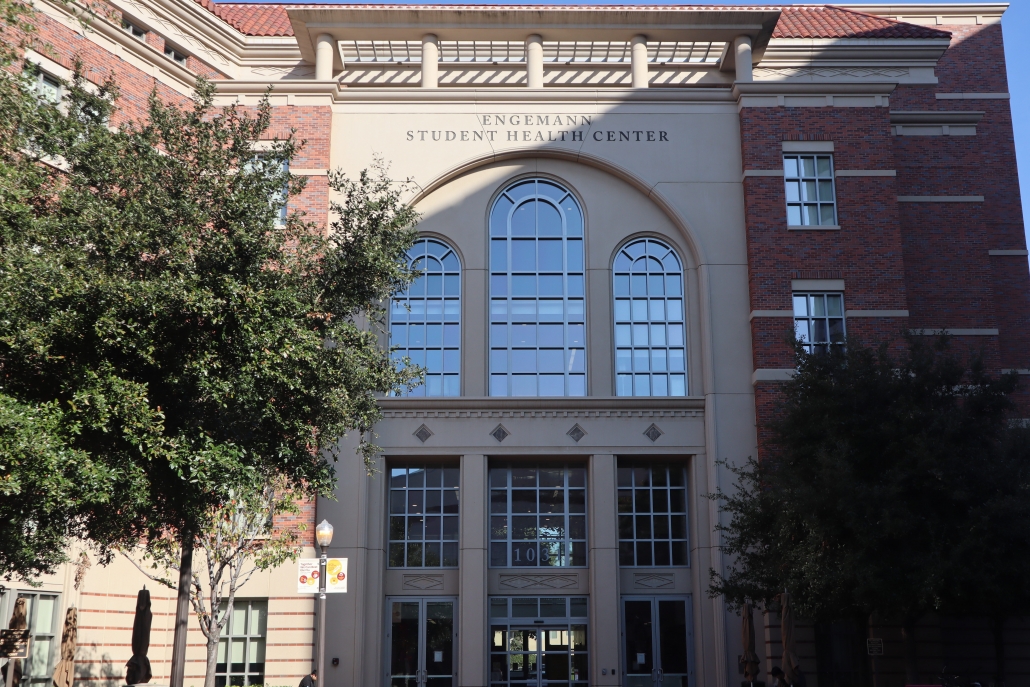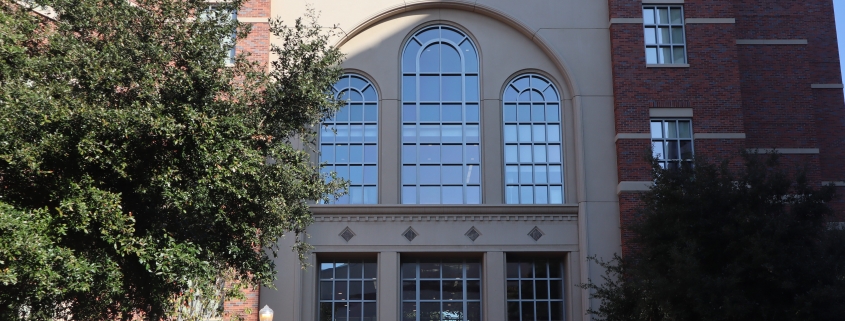Student Health launches well-being survey

USC Student Health launched a survey Thursday to gauge well-being across the student body and compare experiences of different demographic populations.
In partnership with Student Affairs, the Undergraduate and Graduate student governments and other student organizations, the Student Well-being Index Survey aims to obtain a broad understanding of the factors affecting student wellness to determine ways the University can better support its students.
Student Health’s Health Promotion Strategy Team began designing the survey earlier this year, before the onset of the coronavirus pandemic and considered canceling or postponing the survey when the University suspended normal operations. However, the planning committee opted to move forward with the initiative, adding questions about students’ preparedness and access to basic necessities to gauge how changes in academic and personal circumstances were affecting student well-being.
“We talked with some of our students that work as our community health organizers, talked with student government, other people, and the general sense was it was actually probably as important now to do this as it might have been in previous years,” Chief Health Officer Dr. Sarah Van Orman said.
The survey spans 12 pages and includes multiple choice questions about emergency preparedness, equity and mental health topics, in addition to a section collecting demographic information.
A sample of 30,000 students from both undergraduate and graduate programs will receive personal links to take the survey, with a greater proportion of students from smaller academic programs and demographics offered participation to ensure their perspectives will not be overlooked during statistical analysis of the survey data.
Because the number of students on campus decreased significantly as classes and activities moved online, the University will likely wait until the fall to make changes to areas of need identified in survey responses, Van Orman said.
“There’s groups in the University right now who are starting to plan already for what it looks like if and when classes resume,” Van Orman said. “I’m particularly interested in how we take what we learn on this and feed it to campus leadership, as far as what are students needing from almost a recovery standpoint after this disruption.”
The survey is one of several questionnaires, including the Association of American Universities Campus Climate Survey, the Healthy Minds Study and the National College Health Assessment, administered by the University over the past two years to assess wellness and outreach efforts and student attitudes.
Student Health will use the results of the Student Well-being Index Survey to make adjustments in its wellness offerings and ensure the University is meeting the needs of its socially and academically diverse demographic, both during typical circumstances and amid crises like the coronavirus pandemic.
“The health, safety, and well-being of our community is our most important priority, and our students are at the center of our concerns during this moment of crisis,” the email to survey recipients read. “By collectively sharing your state of mind, we can learn how this event is affecting us as individuals and as a university community, and plan for ways to improve future conditions.”

